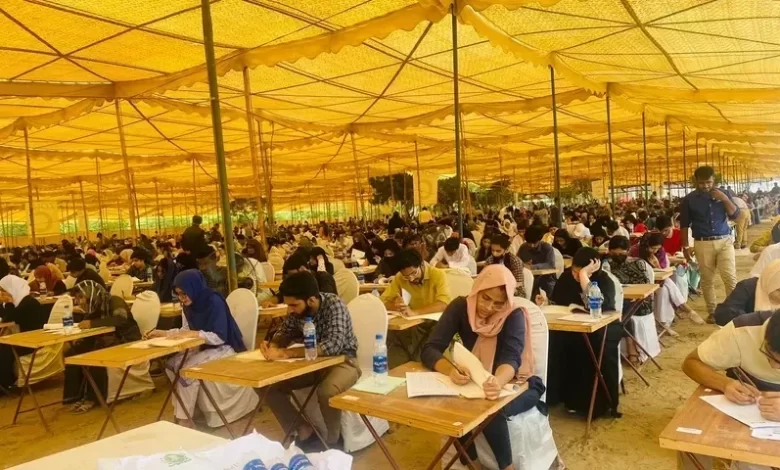
Ghufran Ahmed (a pseudonym), a student preparing for this year's MDCAT exam, has voiced concerns over the unaffordable registration fees. "Many of our friends are reluctant to take the test because they can't afford the fees. To ensure that no aspiring student is left behind, the MDCAT registration fees should be reduced," he urged.
Dr. Asfandyar, President of the Khyber Pakhtunkhwa Doctors Association, echoed these sentiments, highlighting that many students come from low-income families. "The high admission fees prevent many deserving students from even attempting the test. The Pakistan Medical and Dental Council (PMDC) is charging students ten times more than necessary. Previously, the registration fee for the MDCAT was PKR 6,000, but it has since been increased. The actual cost per student is no more than PKR 1,000, yet the normal registration fee has risen to PKR 8,000, with a late fee of PKR 12,000," he explained.
Dr. Asfandyar questioned the rationale behind PMDC's high charges and called for a reduction, emphasizing that the organization was established to provide relief to students. "In 2013, elected officials were making decisions, and everything was running smoothly. But now, with selected individuals in charge, students and medical colleges are facing numerous challenges. If the government wants the MDCAT to be conducted under PMDC, then the organization should be handed over to responsible people. The billions being earned from this test are nothing short of extortion from students."
Also Read: Nationwide Internet Disruptions Cause Widespread Issues, Fiver Accounts Blocked
Imtiaz Ayub, Executive Director of the Educational Testing and Evaluation Agency (ETEA), provided insight into the costs, stating that last year, the per-student expense for MDCAT ranged from PKR 800 to PKR 1,000. "ETEA was paid PKR 4.6 million to conduct the MDCAT for 46,000 students. These funds covered exam centers, staff, and other arrangements," he said. According to sources, PMDC and Khyber Medical University (KMU) received PKR 36 million from the 46,000 students who took the MDCAT last year.
Vice-Chancellor of Khyber Medical University, Dr. Zia-ul-Haq, clarified that the entire amount collected from candidates for the test goes to PMDC. "Our role is to conduct the test under the PMDC's supervision. The application process is handled by PMDC, and they inform each province about their candidates. PMDC provides us with some advance funds before the test, with the full payment made after the test," he explained.
The recent increase in entry test fees for medical and dental colleges has prompted Khyber Pakhtunkhwa's Minister for Higher Education, Meena Khan Afridi, to write a letter to PMDC. In the letter, he pointed out that the fee had been increased from PKR 6,000 to PKR 8,000, while the cost per candidate ranges from PKR 1,500 to PKR 2,000. "The province has long been affected by conflict and instability, with most of the population living below the poverty line. The burden of high fees is unaffordable for many, causing deserving students to miss out on medical college admissions," the letter stated. The minister called for the fee hike to be reversed and suggested even lowering the previous fee to benefit countless low-income families and promote education.''
Responding to the concerns, PMDC Registrar Dr. Shaista Faisal explained that the fees charged cover the entire process of conducting the test. "Organizing the test begins two months in advance, and there are significant expenses for exam centers, staff, papers, transport, and other logistics," she said.
She also emphasized that the fee is not just for the test itself but for the complete process. "Considering recent events, our top priority is to conduct the test transparently, which requires thorough preparations. I haven't yet received the letter from the Provincial Minister for Higher Education, but once I do, I will respond accordingly," Dr. Faisal added.
1.jpeg)
09 Jul, 2025
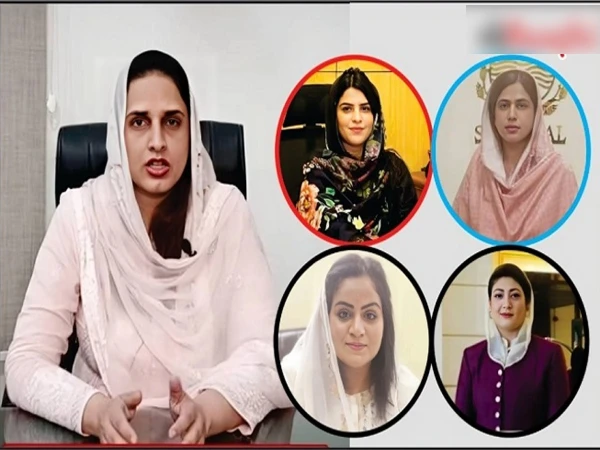

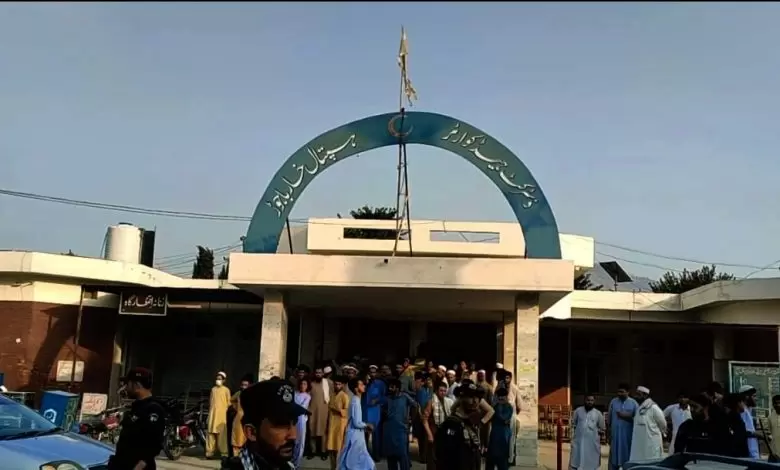
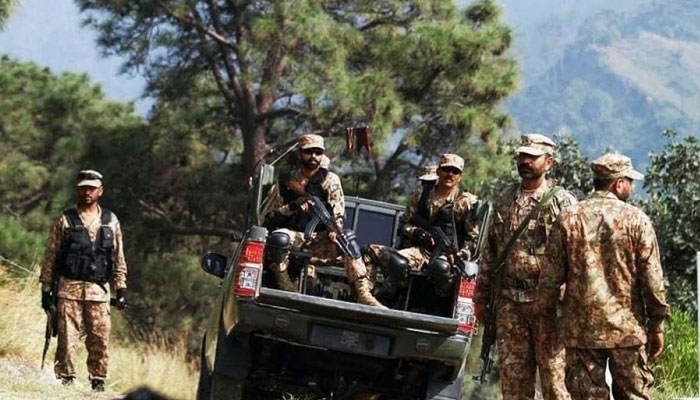

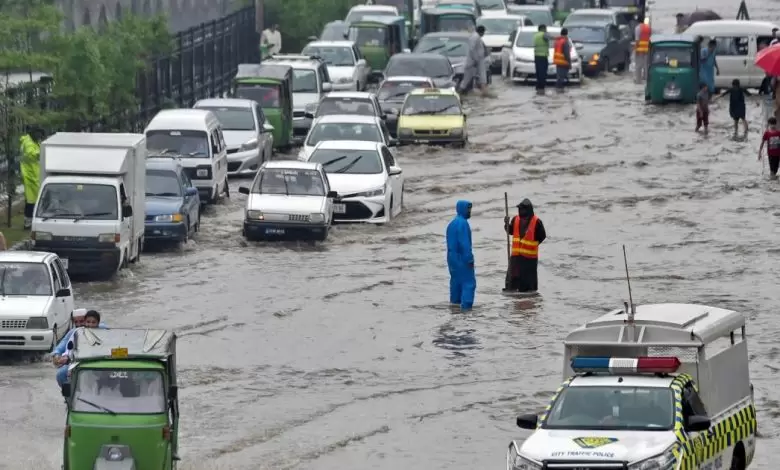
1.jpeg)
09 Jul, 2025